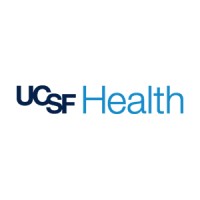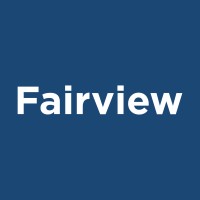
UCSF Health
UCSF Health is an integrated health care network encompassing several entities, including UCSF Medical Center, one of the nation’s top 10 hospitals according to U.S. News & World Report, and UCSF Benioff Children’s Hospitals, with campuses in Oakland and San Francisco. We are recognized throughout the world for our innovative patient care, advanced technology and pioneering research. For more than a century, we have offered the highest quality medical treatment. Today, our expertise covers virtually all specialties, from cancer to women's health. In addition, the compassionate care provided by our doctors, nurses and other staff is a key to our success. Our services generate about 1.1 million patient visits to our clinics a year and $3.2 billion in annual revenue. We have 12,000 employees and dozens of locations throughout San Francisco as well as outreach clinics throughout Northern California and beyond.






